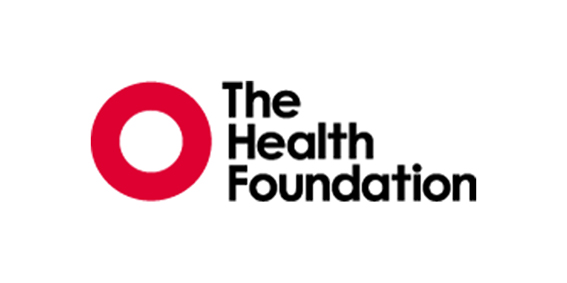Our Deliverables
Introduction
Over the past three years, we have been working across UCLPartners, NIHR ARC North Thames, BHR CCG, the London Borough of Barking and Dagenham and NELFT to create a unique dataset, the Care City Cohort, of Barking and Dagenham residents from 2011 onwards. The objective is to deliver real change, using the insights from the data and working in partnership with the health and care workforce to confirm how and what we need to do to make population health a priority for all.
The dataset includes individual and household level linked data across the health services and Barking and Dagenham council (B&D).
It contains sociodemographic and health information (e.g. age, gender, ethnicity, smoking status and body mass index, prevalence of long-term conditions), information about where individuals live (e.g. levels of deprivation, household occupancy and household tenure), and information about their health and social care service use (e.g. accident and emergency attendances, GP contacts, social care packages, mental health inpatient stays). There is a unique property identifier to facilitate household level analysis.
All data is de-identified so no individual or household can be identified within it, and data that might enable identification, like age, has been grouped or summarised. The dataset is hosted in BHR CCG Data Safe Haven, with different datasets linked together using linkage keys in place of NHS numbers. The Care City Community board has a critical role in providing public perspectives on the use of the dataset and supporting us to ensure its findings are relevant and accessible to all.
Examples of work we have done to date include:
- Understanding the distribution of service use across five settings of care (hospital, primary care, community care, mental health and social care)
- Understanding the characteristics of our populations that are associated with higher odds of using services and higher levels of service use
- Investigating the costs associated with care in the last 12 months of life
- Investigating the impact having a carer has on service use
The Care City Cohort is being used by several different groups:
- Researchers
- The local health and care system
- Teams from other geographies that want to collaborate or learn from us
Learn more:
Journal Article: Assessing service use and associated expenditure across a range of care settings in one local authority in London. “Understanding health and care expenditure by setting – who matters to whom?” in SAGE Publishing, Journal of Health Services Research & Policy.
Authors: Jenny Shand,PhD Researcher, Institute of Epidemiology and Health Care, University College London, Stephen Morris, RAND Professor of Health Services Research, Department of Public Health and Primary Care, University of Cambridge and Manuel Gomes, Associate Professor in Health Economics, Institute of Epidemiology and Health Care, University College London
Presentation: A matched analysis of the impact having a carer has on an individual’s health and social care utilisation across five settings of care for adult residents of Barking and Dagenham.
Author: Jenny Shand, UCLPartners and UCL
Presentation: Understanding the individual characteristics that drive health and social care utilisation – using a linked dataset across five settings of care for adult residents of Barking and Dagenham.
Author: Jenny Shand, UCLPartners and UCL
We are excited about this project and the potential this linked data has to inform opportunities for better management of the health of the population.
For more information please contact: cThis email address is being protected from spambots. You need JavaScript enabled to view it.




